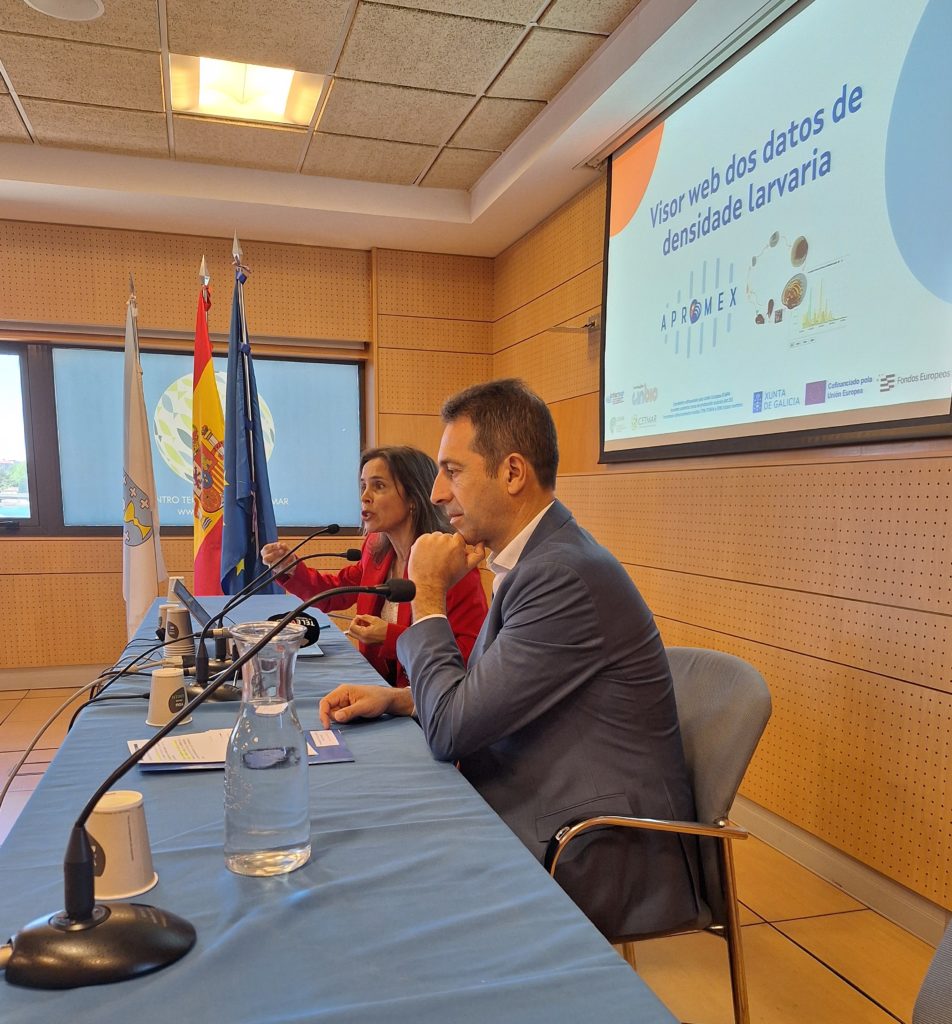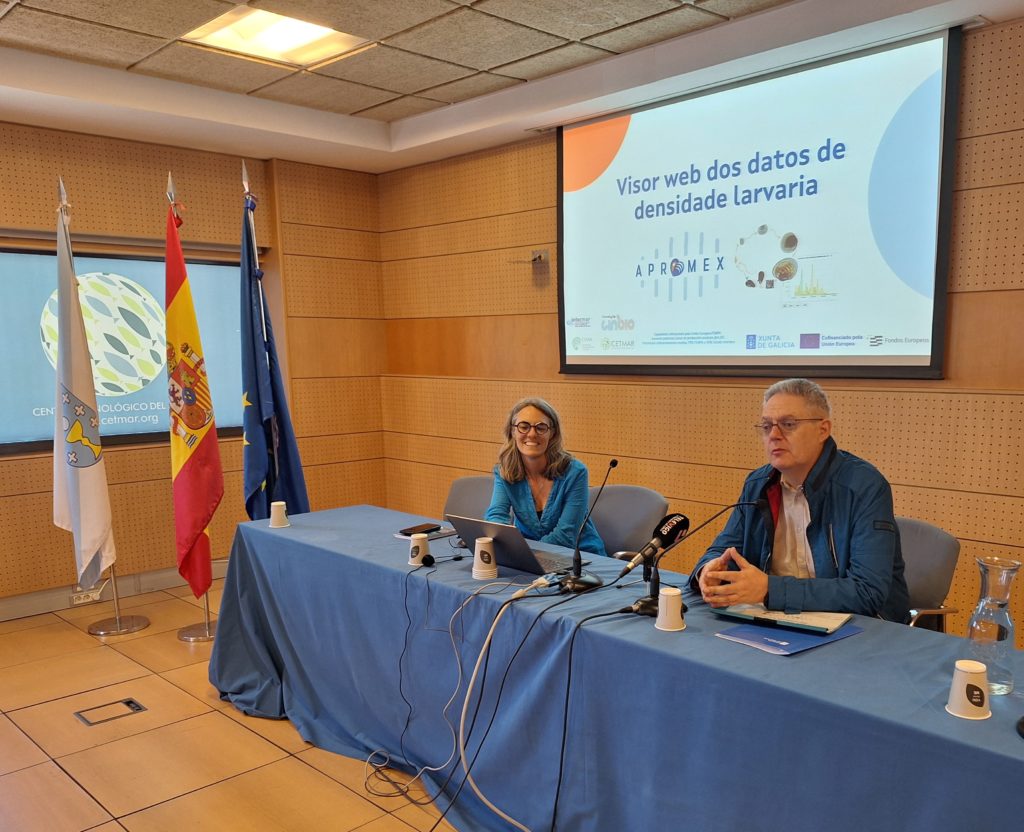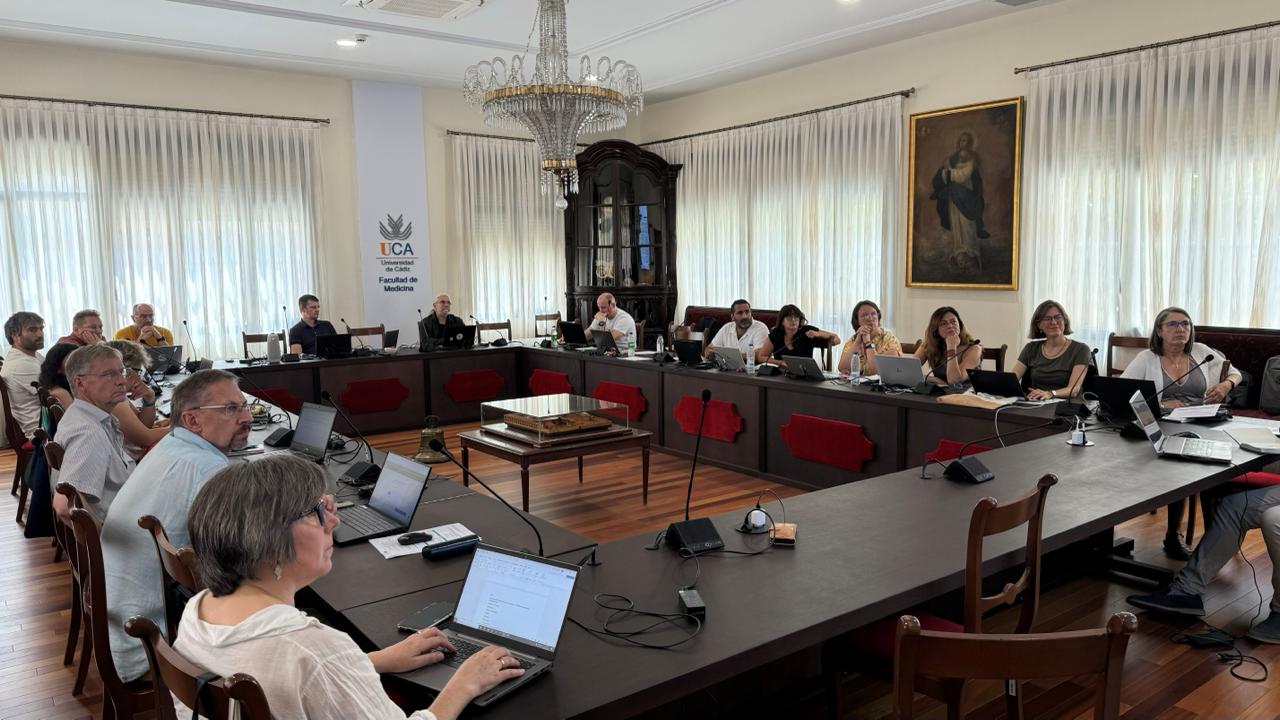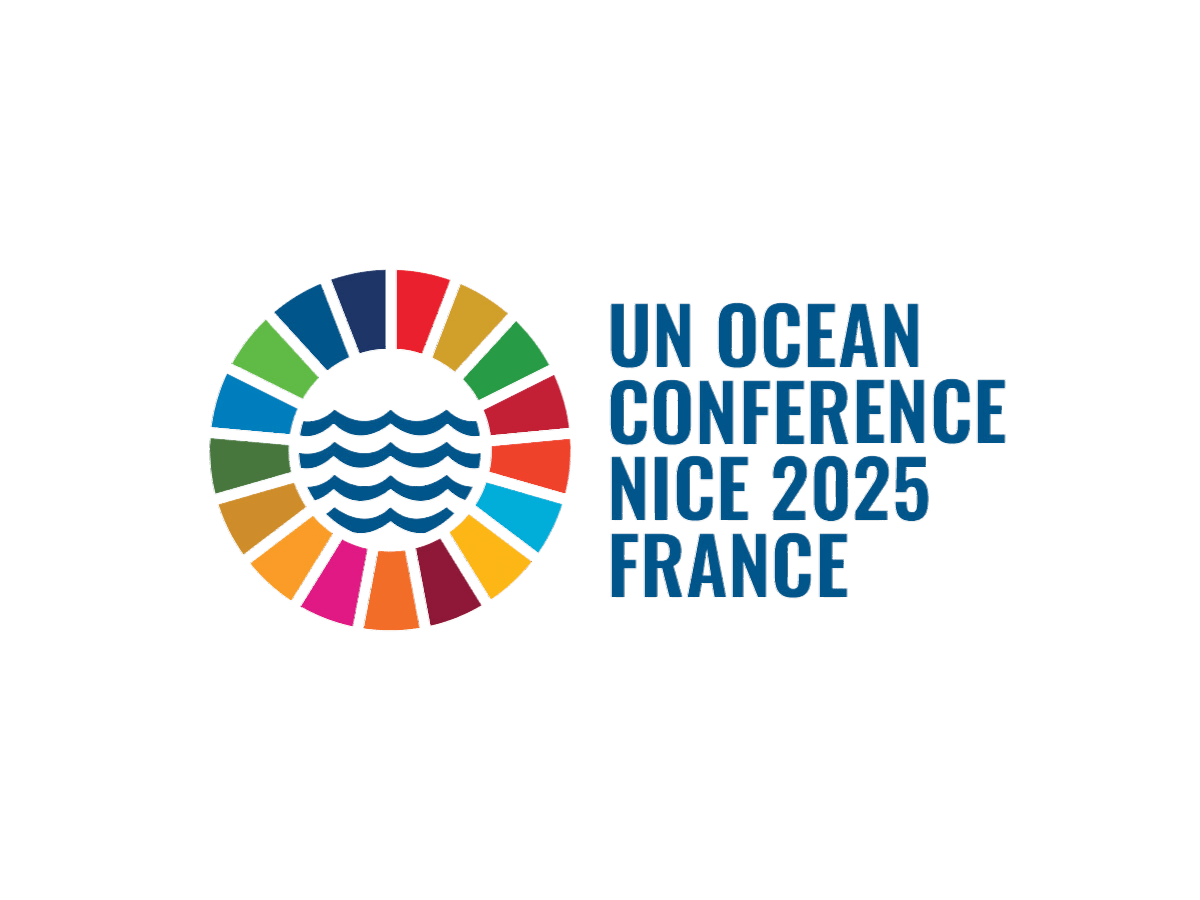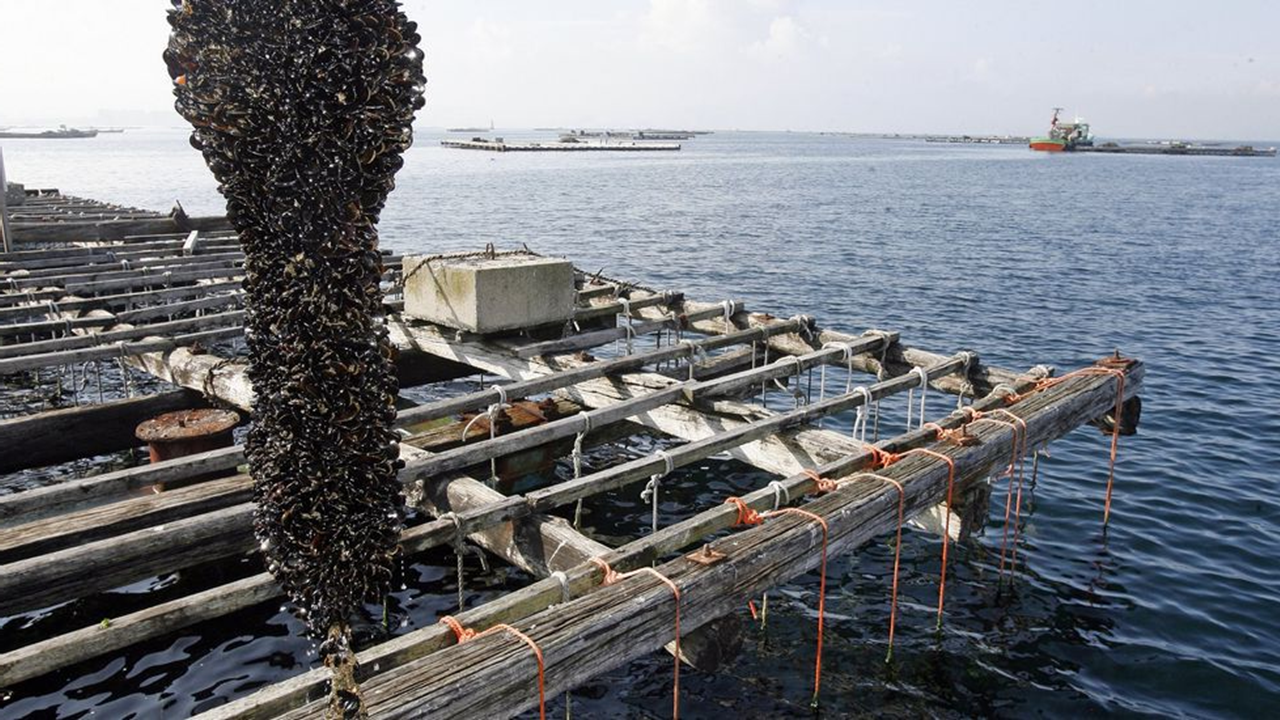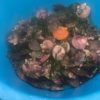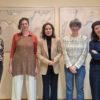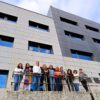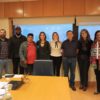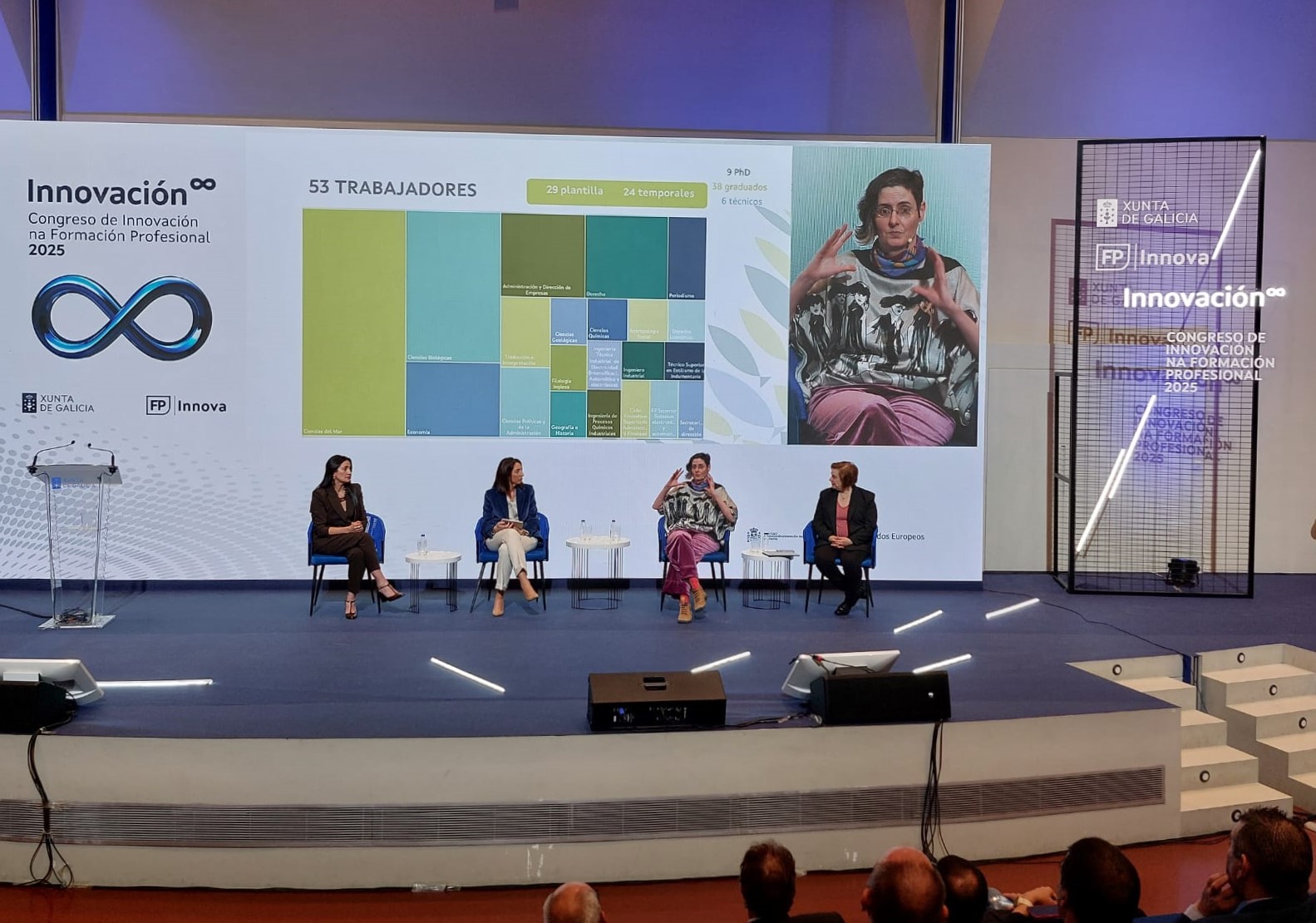
CETMAR and its partners in the GREEN project move towards the creation of the European Green Vocational Education and Training (VET) Network
- CETMAR will host in Vigo tomorrow a debate to collect recommendations from education professionals to promote this initiative
- This European action for the integration of sustainability in professional performance presented its progress at the FP Innova Congress in Galicia
CETMAR and its partners in the European GREEN project are advancing to create a European Network of Green Vocational Education and Training (VET) Providers, focused on integrating key green skills into VET curricula and providing training for teachers, trainers, and professionals in strategic industrial sectors.
Co-funded by ERASMUS+, the GREEN partnership promotes innovative training methods for trainees and the workforce, specifically in six industrial sectors: automotive, renewable energy, batteries, defence, maritime technologies, and additive manufacturing (AM).
CETMAR tested in Galicia the training designed for sustainability integration in industrial and educational settings through four pilot courses. The sessions were adapted to the needs of every group regarding format and duration, ranging from 4 to 8 hours.
The integration of sustainability in the work of CT employees was promoted, defining 11 measures through training actions. It was reached a total of 40 educators, using tools to integrate sustainability into a training curriculum by applying a practical approach.
The results were discussed at the congress on innovation in VET, FP Innova, organised last week by the Regional Ministry of Education, Science, Universities and VET, in Santiago de Compostela.
The Network of Green VET Providers, promoted by the GREEN project already involves three centres in Galicia: A Aixola, CIFP Ferrolterra and the University of A Coruña. They are taking proactive measures to prepare the European workforce with the necessary skills and knowledge to address the challenges of labour and move towards a sustainable future.
In addition to that, tomorrow, 1st April, will take place in CETMAR a debate session to collect recommendations for the promotion of this network of training centres for sustainability, and the best guidance for its activities.
The event, which will use the World Café method, especially targets VET managers, training for employment and training managers in the maritime technologies industry. They can participate by completing the registration form.
By gathering a diverse group of experts from education, research and industry, the GREEN project fosters the development and transfer of green skills and knowledge, ultimately contributing to a more sustainable and prosperous future for Europe.
The GREEN partnership is integrated by CETMAR, CT INGENIEROS, the Technical University of Ostrava (VSB), Mercantec, the University of Cyprus, the Comite Europeen de Cooperation des Industries de la Machine-Outil Cecimo Aisbl, Olife Corporation As and AC- Hydraulic A/S, under the coordination of the European Federation For Welding, Joining And Cutting (EWF).


